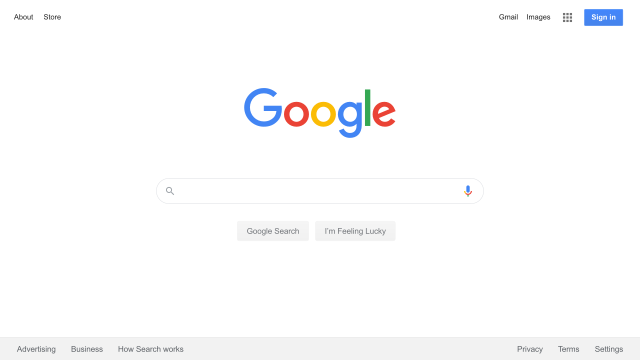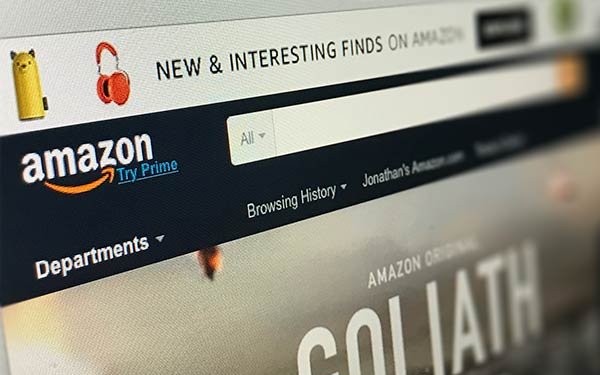Introducing the Most Popular Search Engines in the World
If you believe that Google is the only successful search engine globally, it’s time to rethink. While Google undoubtedly dominates, several other platforms function as powerful search engines in their own right. In this article, we’ll explore some of the most popular search engines in the world — including Google, YouTube, Amazon, and Facebook — and discuss their advantages and disadvantages.
1. Google Search Engine
Google remains the undisputed leader of search engines, commanding over 83% of the global search market as of 2024. Founded in 1998 by Larry Page and Sergey Brin, what began as a research project is now a key part of daily life for billions worldwide.
Google not only powers its own search results but also provides search technology for other platforms and devices. It’s the backbone of the modern internet experience.

Advantages:
- Massive Audience: Billions of daily searches create significant visibility.
- Highly Refined Algorithms: Google provides highly relevant search results.
- Advertising Power: Google Ads offers businesses powerful options to target their audience.
Disadvantages:
- High Competition: Organic rankings are highly competitive.
- Rising Costs: Paid advertising through Google Ads can be expensive.
- Algorithm Dependence: Websites that are heavily reliant on Google risk significant traffic declines with every algorithm update.
2. YouTube Search Engine
YouTube is often overlooked as a search engine, but it is the second-largest in the world, ranking just after Google. Acquired by Google in 2006, YouTube now hosts over 2.7 billion monthly active users as of 2024.
Every minute, over 500 hours of video are uploaded to YouTube. Users search for educational content, product reviews, entertainment, how-to videos, and more.
Advantages:
- Enormous Reach: YouTube attracts over one-third of all internet users.
- Visual Content Appeal: Videos are engaging and can help brands establish strong connections.
- Monetization Opportunities: Creators can earn through ads, sponsorships, and memberships.
Disadvantages:
- Intense Competition: With millions of new videos uploaded daily, standing out is a challenge.
- Production Costs: High-quality video production requires investment.
- Dependence on Google’s algorithms: YouTube’s recommendation system significantly affects view counts.
3. Amazon Search Engine
Amazon, initially launched in 1995 as an online bookstore, is now the world’s largest e-commerce platform. Interestingly, over 61% of product searches in the U.S. now begin on Amazon, not Google.
Amazon’s search engine is optimized for e-commerce, helping users find products quickly through search rankings based on relevance, reviews, and sales history.

Advantages:
- Buyer Intent: People searching on Amazon are ready to buy, resulting in high conversion rates.
- Rich Data: Sellers can access valuable data about customer behavior.
- Advertising Options: Sponsored Products and other PPC (pay-per-click) ads can drive quick results.
Disadvantages:
- High Competition: Especially in popular categories, standing out can be difficult.
- Fee Structures: Amazon charges various fees that can eat into profits.
- Limited Brand Control: Amazon owns the customer relationship, not the sellers.
4. Facebook Search Engine
Facebook, now part of Meta Platforms, isn’t a traditional search engine, but its search function is powerful. With over 3 billion monthly active users as of 2024, Facebook’s search capabilities allow users to find people, pages, groups, events, and even products.
Facebook also integrates marketplace searches, local business discovery, and video content searches (through Facebook Watch).
Advantages:
- Massive Audience Targeting: Detailed demographic and interest-based targeting.
- Social Proof: Likes, comments, and shares can influence purchasing decisions.
- Advertising Flexibility: Facebook Ads allow for customized campaigns.
Disadvantages:
- Organic Reach Decline: It’s more complicated than ever to reach audiences without paying.
- Ad Fatigue: Users often ignore or block repetitive ads.
- Privacy Concerns: Facebook’s history with data privacy issues has impacted user trust.
Key Takeaways
While Google is still the dominant search engine, it’s far from the only game in town. Each platform offers unique opportunities:
| Search Engine | Best For | Major Challenge |
|---|---|---|
| General web search, high traffic | High competition, expensive ads | |
| YouTube | Video marketing, younger audiences | Difficult to stand out |
| Amazon | Product sales, e-commerce | Competitive listings, high fees |
| Social engagement, targeted ads | Declining organic reach |
For businesses and marketers, diversifying search strategies across different platforms is crucial. Relying solely on Google is no longer a smart move, especially when millions of users are actively searching (and spending) elsewhere.
Final Thoughts
The world of search engines is broader and richer than most people realize. Whether you’re a business owner, a content creator, or a marketer, understanding these different platforms — and how people use them — can give you a significant advantage.
In 2024, multi-platform strategies are not just an option; they’re a necessity. Harness the power of search engines beyond Google to reach new audiences, strengthen your brand, and drive growth.
Stay tuned for part two of this article, where we will introduce other rising search engines like TikTok, Bing, DuckDuckGo, and Baidu, and how they are reshaping the search landscape globally.
FAQ
Which search engines are most popular globally?
Google, Bing, Yahoo, Baidu, and DuckDuckGo are among the most widely used search engines.
What makes a search engine popular?
A fast, relevant search experience, comprehensive indexing, and strong user trust contribute to popularity.
Are there privacy-focused search engines?
Yes; engines like DuckDuckGo emphasize user privacy and minimal tracking.
